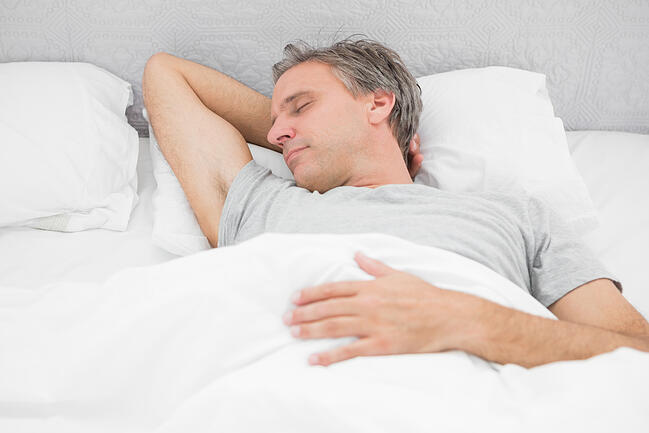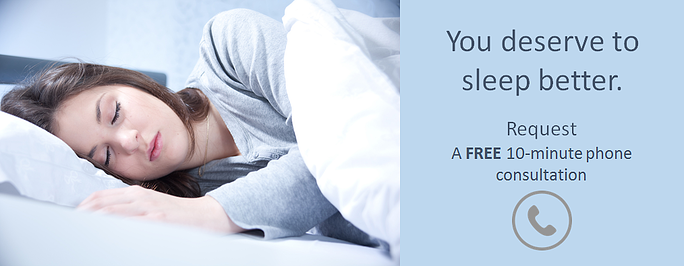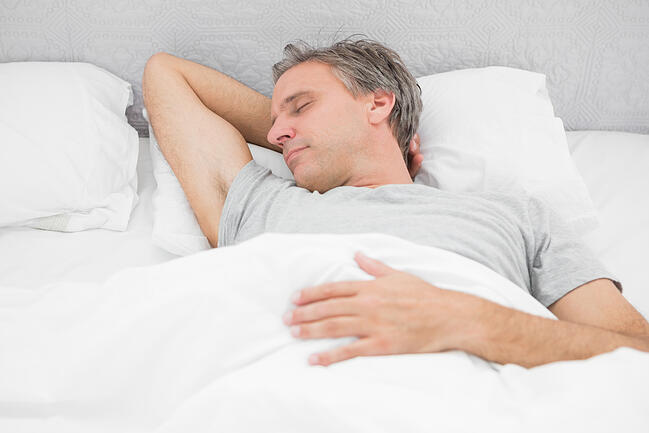
Sleep is an active process. We seem to be sleeping, resting, and not moving, but our brain is very active. Sleep is important to remember what we did during the day, to plan the next day’s work, and to ensure that our mood is good and that we are not irritable and angry in the morning. Good sleep ensures that we don’t get sick, don’t get fat, and don’t get chronic diseases such as kidney, heart problems, and strokes.
Why Is Sleep Important for Our Health?
It is a known and scientifically proven fact that sleep is necessary for the normal functioning of our nervous system. Too little sleep makes it difficult to concentrate, remember, execute actions, and calculate. If sleep deprivation continues, hallucinations and mood swings may occur. Scientists say that sleep provides an opportunity for those neurons that we used during the day to “turn off” and restore normal activity. Growth hormone is produced in children and young adults during deep sleep. In addition, many body cells produce more proteins during sleep, so deep sleep can truly be called “beauty sleep”. The parts of the brain that regulate emotions, and decision-making processes, help people maintain normal daytime functioning. Moreover, new scientific findings show that too long sleep can reduce the chances to live longer because long sleep increases the chances of stroke and, in addition, risk of death.
Shorter Sleep Increases Chances of Death
If you sleep too little, you have a greater chance to get sick. The study published in the journal of the American Heart Association emphasized that good sleep is very important for human health, especially for those people who have heart diseases. In 2017, the study was repeated with more than 1,600 people who participated in this study in the 90s. About 50 percent of the participants had high blood pressure or diabetes, the other 14 percent had heart disease. The researchers determined that less than 6 hours of sleep doubled the risk of death in participants who had high blood pressure or diabetes. For 14 percent of participants, the risk of death triples if they sleep less than 6 hours.
Is Long Sleep More Dangerous Than Insomnia?
If you sleep for a long time, not only your face will age faster, but also your brain. It is estimated that the latter can become obsolete in two years. Sleeping too long causes memory and concentration problems. In addition, oversleeping slows down the metabolism, so excess weight accumulates more quickly. As we know, the older we get, the slower the body’s metabolism is. In 2020, a study published in the journal Neurology shows that extra sleeping hours are not good for human health. A total of 31,750 people aged 61.7 years on average participated in this study. All in all, people who slept nine or more hours a night had an increased incidence of stroke of 23% in comparison with those who slept seven to eight hours a night. According to this scientific research, if you sleep over nine hours a night and nap for 90 minutes during the day, you increase your chance of stroke risk by 85%.
How To Sleep Better?
- Take NMN Supplements
Include daily NMN supplement intake in your diet. NMN or Nicotinamide mononucleotide is the precursor of NAD +. NAD + is a significant biomarker in the human cell. It is a new scientifically proven fact boosting NAD+ helps to sleep better and live longer.
- Take A Walk Before Bed
It’s a good way to clear your mind and tire your body a bit. It is especially useful for those who do a lot of mental work.
- Disconnect From The Outside World
Turn off the computer, telephone, and TV. More than one study confirms that the light emitted by the screens of the devices disturbs the rhythm of sleep, and stress before bed certainly does not help.
- Read
Bill Gates spends at least an hour every night reading books. One study found that just 6 minutes of reading reduced stress by 68%.
In order to feel most rested, you need to ensure that you’re completing at least 4-5 sleep cycles a night. Here are some simple tips to ensure that your sleep is as productive as possible.
- Avoid caffeine before bedtime. Stimulating the brain before sleep can cause insomnia.
- Avoid antidepressants. Some antidepressants can block Rem sleep.
- Avoid smoking. Smokers have a lower rate of REM sleep and often wake up after 3 to 4 hours of sleep due to nicotine withdrawal.
- Avoid alcohol. Consuming an alcoholic beverage before bed keeps sleepers in the lighter stages of sleep.
- Use your sleep cycle as an alarm clock. Since sleep cycles last for 90 minutes, set your morning alarm to wake you up after the last completed cycle. For example, if you’re going to bed at 10:30 p.m., and need to wake up at 6:30 a.m., set your alarm clock to 6 a.m. instead to account for 90-minute sleep cycle intervals. Even though you lose 30 minutes of sleep, your body will feel more rested having wakened after completing REM sleep.
- Follow a set bedtime and wake-up time. If you must wake up at 6:30 a.m., either start going to bed at 11 p.m. or 9:30 p.m. Follow this schedule and see if your sleep improves.
There are also a number of free and paid apps available for your iOS and Android phones that use your body’s sleep cycle to set your morning alarm, such as Sleep Cycle Alarm Clock. Simply search for “sleep clock” and you will find whatever you’re looking for.
If you’re struggling with getting enough sleep, or you’re feeling groggy and disorientated in the morning, you may have bigger issues than just understanding your sleep cycles. The best thing you can do is visit your local sleep specialist. If you live in Alaska, click on the link below to find a sleep specialist closest to you.









